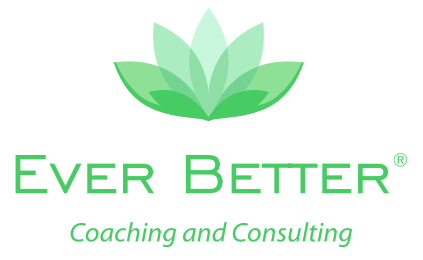Want to know the secret to retaining high-performing team members?
According to a study from the Korn Ferry Institute, the ability to adjust your leadership style to fit your team's needs and circumstances is a key factor. And that ability to adapt is directly related to emotional intelligence (EI).
The study explains:
"There’s evidence that developing several of the so-called 'soft' skills of emotional intelligence can not only help leaders manage any team but also encourage team members—as many as 70%, in fact—to stay five years or longer. These EI-enhanced leaders are much more effective because they can change their style to fit their teams, with the best employing up to four separate leadership styles well. 'Effective leaders have multiple styles in their toolkits, equipping them to respond flexibly to changing demands,' says Paula Kerr, senior manager at the Korn Ferry Institute."
The Korn Ferry Institute assessed results of the Emotional and Social Competency Inventory (ESCI) and found that "developing more competencies gives leaders more flexibility, and honing specific competencies can optimize a leader's individual style."
The ESCI measures these twelve competencies:
Emotional self-awareness
Emotional self-control
Achievement orientation
Positive outlook
Adaptability
Empathy
Organizational awareness
Influence
Coach and mentor
Conflict management
Inspirational leadership
Teamwork
For a deeper dive into each of these, I recommend this summary from the Consortium for Research on Emotional Intelligence in Organizations.
The number of ESCI strengths that a leader demonstrated impacted employee plans to stay at their jobs or leave. The data showed that 42% of employees whose leaders had 3 or fewer strengths reported plans to stay for at least five years. When the leader had four to seven strengths, the five year expectation increased to 53%. And when leaders demonstrated eight or more strengths, employee planned tenure of at least five years increased to 69%!
Other EI assessments are widely used in addition to the ESCI, such as the EQi - 2.0 and the MSCEIT. While methodologies and competency ratings differ, a leader will likely benefit from considering the results of any of these or other assessments.
If you'd like to discuss opportunities for developing your leadership skills through an emotional intelligence assessment or other coaching tools:

